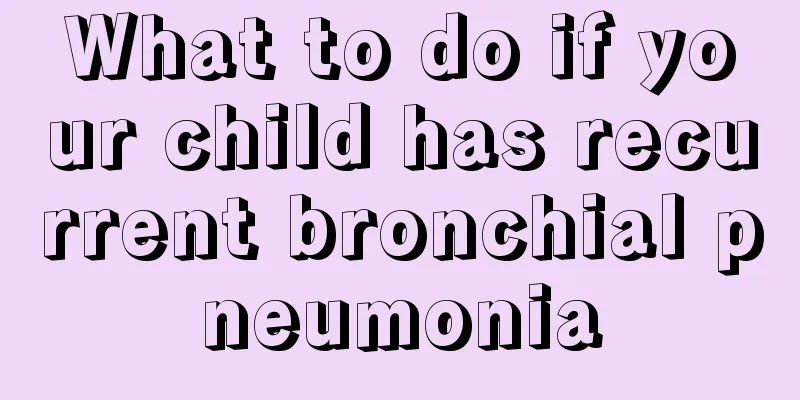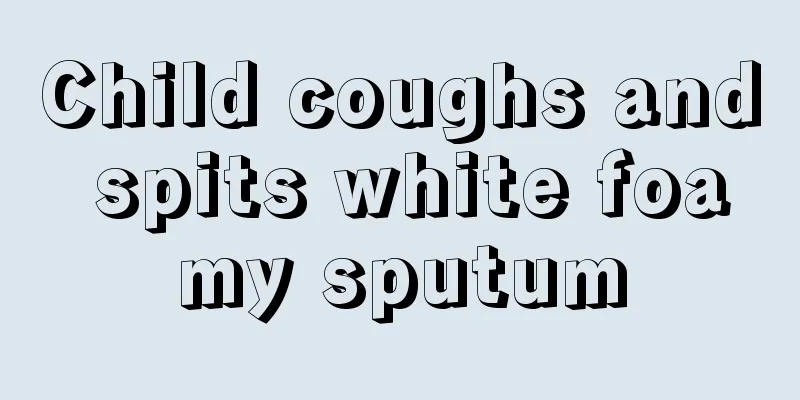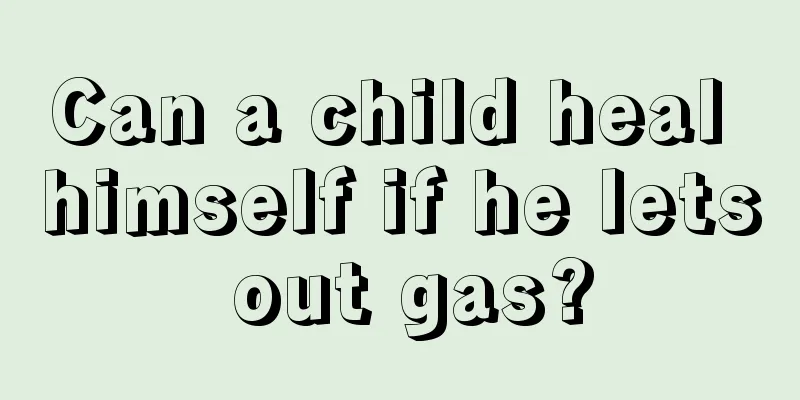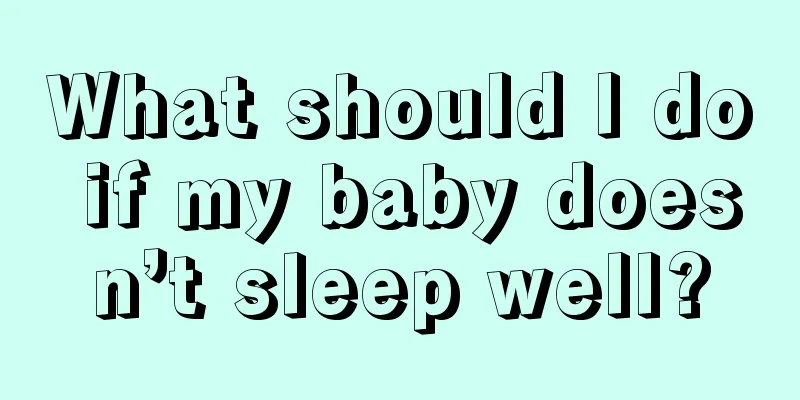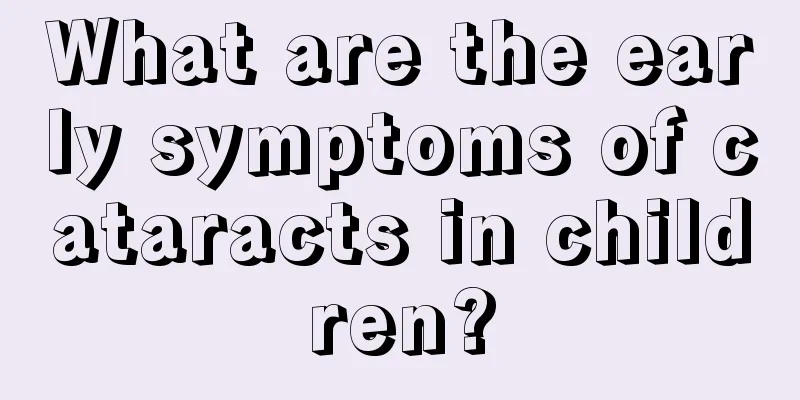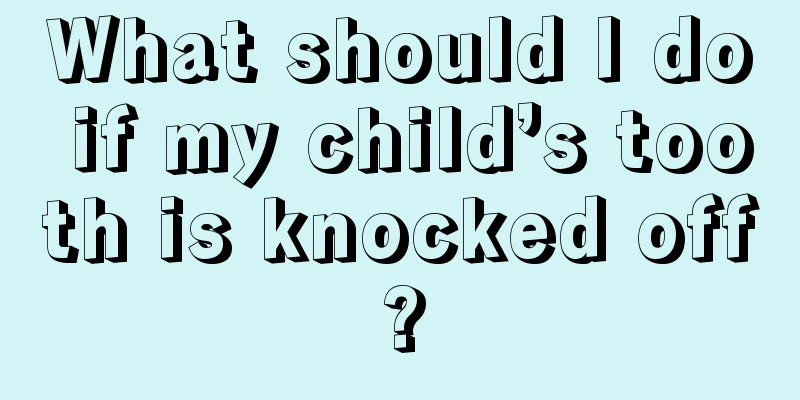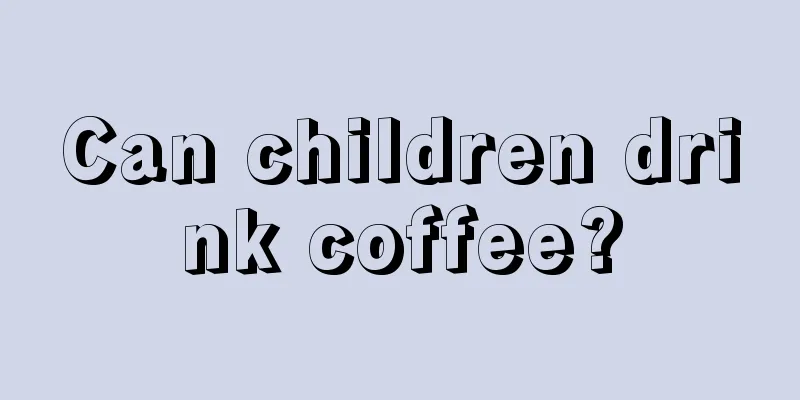How do children show signs of autism?
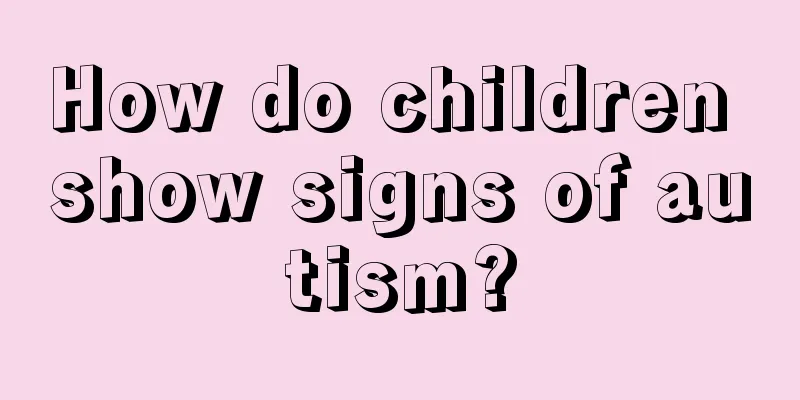
|
Autism is a relatively common disease. Once a child is diagnosed with autism, it has a huge impact on both the parents and the child. As parents, we should understand some of the common manifestations of autism so that we can detect and treat it early. Investigations have found that the earlier the treatment is, the better the effect will often be. Children's autism manifestations are sometimes more obvious, so parents must observe more. 1. Being lonely and isolated, unable to establish normal connections with others. Children with autism do not like to be close to others since infancy. They feel alienated even when facing their parents and have no response to their parents' calls or attempts to get close to them. When his family members want to pick him up, he doesn't stretch out his hands to show that he wants to be held, and he doesn't feel uncomfortable when his parents get off work. 2. Lack of social skills Children with autism will not interact with other children. When they try to play with other children, they often suddenly slap people's bottom or pull off their clothes, then turn around and leave. Most of the time I just play there by myself or stare outside in a daze. Symptoms of autistic children 3. Indifference to the surroundings Children with autism are often indifferent to things around them, and seem to be deaf and blind. They do whatever they want, without any scruples, as if no one is around. What happens around them seems to have nothing to do with them and it is difficult to arouse their interest and attention. Their eyes change frequently and they do not easily stay on things that others ask them to pay attention to. They seem to live in their own little world. In addition, they do not look at others or even avoid looking at others. Their eyes are also wandering during normal activities. When looking at people, they often squint, glance sideways or with peripheral vision. They rarely look directly at others, rarely smile, and never say hello to others. 4. Language barriers are prominent. Most children with autism speak very little, and some may remain speechless for life. Even if some can speak, they are reluctant to do so and just use gestures or repeat monotonous words in a low voice or to themselves. Some children can only imitate what others say, but cannot communicate in their own language. Many children cannot ask or answer questions, and their language communication is often confused and reversed in the use of pronouns, such as often using "you" and "he" to replace himself. Many autistic children often scream, and this situation sometimes lasts until they are 5 to 6 years old or even longer. 5. Narrow interests and repetitive behaviors Children with autism often focus on one or several games or activities for a long time, such as being obsessed with rotating pot lids, arranging building blocks in a monotonous way, being keen on watching TV commercials and weather forecasts, but having no interest in cartoons, children's TV, and movies that children usually like. Some children eat the same meals every day, take the same route when going out, and require the same toilet for defecation. If there are any changes, they will cry and make a fuss, showing obvious anxiety reactions. They are unwilling to change their original habits and behaviors and have difficulty adapting to the new environment. Most children also show purposeless activities and excessive activities, such as monotonous and repetitive jumping, clapping, waving, running and spinning, and some even engage in self-harm, such as repeatedly picking their noses, picking their mouths, biting their lips, and sucking. 6. Intellectual development is delayed and unbalanced. Most of them have slower intellectual development than their peers, while a few have normal or near-normal intelligence. However, some of them are surprisingly good in some aspects of intellectual activities, which is incredible. Many children have strong mechanical memory, especially the memory of text symbols. For example, a 3- or 4-year-old child particularly likes to recognize words. When he sees a word, he will actively ask what it means to read, and he will remember it after asking only once. Therefore, he can read children's storybooks fluently and effortlessly, which shows that he has mastered a lot of vocabulary. However, when he wants to use words to express his meaning, he has obvious difficulties, which shows that they have impairment in their ability to understand and use language. |
<<: What are the causes of children's heavy breath?
>>: What to do if your child cries when weaning? What are the secrets to weaning?
Recommend
How to prevent swollen lymph nodes behind the ears in children
Swollen lymph nodes behind the ears in children m...
What to do if the baby does not defecate for several days
For newborns, the digestive system determines whe...
Why is there blood in the stool of a five-month-old baby?
Every baby has different physical characteristics...
What should babies with bad stomach eat?
Children can only grow up healthily and happily i...
A one-year-old child has a lump on the right side of his neck
If a one-year-old child has a lump on the right s...
Newborn baby's frightened behavior
The living environment of a newborn must be quiet...
What to do if a one and a half year old child has a fever
Children can be the hope of the entire family. On...
What is a good way to stop children from drinking milk?
After birth, babies are fed with breast milk or f...
What to do if your four-month-old baby has asthma
Asthma is a disease that has a great impact on pa...
What are the symptoms of children's intellectual disability?
There is no difference between children when they...
How much complementary food should a nine-month-old baby eat?
From a scientific point of view, when feeding a c...
What is ringworm on baby's face?
Many babies have ringworm on their faces, which o...
How to treat osteomyelitis in children
Osteomyelitis in children needs to attract the sp...
Hand, foot and mouth disease precautions, these behaviors must not be
If you suffer from hand, foot and mouth disease, ...
Child with low-grade fever and vomiting
Children are particularly prone to fever when the...

